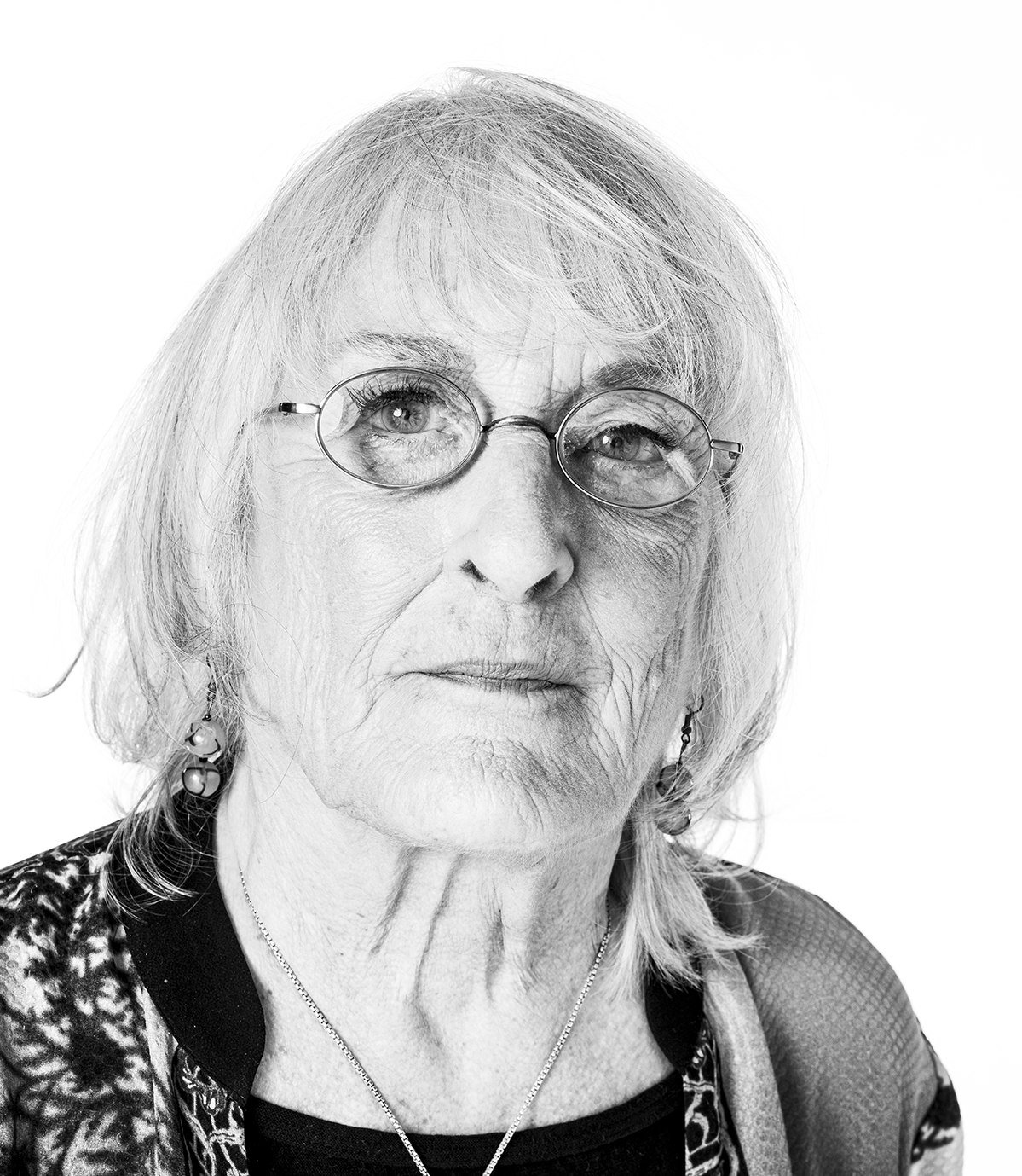When I began my work in 1979, gay men were coming to San Francisco so they could come out of the closet safely. By the early 1980s, I was becoming known in the San Francisco Bay Area as the nurse who was telling the truth about the harm of circumcision. Bud Berkeley, the editor of Foreskin Quarterly, a magazine about the normal penis, invited me to have lunch with him. That was the beginning of an extensive education about the penis and its functions from the gay men who were willing and eager to talk to me. Until then, I was simply trying to stop the screams of babies. Now I was listening to the screams of men, too.
Bath houses in San Francisco were in full swing and gay men had an opportunity to see lots of penises and the scars of circumcision on most penises. Men were shocked by the damage they saw. They told me about the extensive scarring, skin bridges, curvatures, and missing hunks and slices. Many recognized their own scars and shared their reactions to the realization of what a doctor or mohel had done to them. This openness is something most straight men had never experienced; instead of witnessing the harm, they often tout the benefits of circumcision and chose to pass the scars on to their sons. As gay men began to educate themselves and others, that began to change.
I asked Paul Tardiff, a gay man who had been circumcised as an adult, if he’d be willing to talk about the differences he felt for a mini-documentary we were making to air during Dr. Dean Edell’s medical segment on the televised evening news. Paul agreed, and on the show, he said the difference between being intact and then circumcised is like first seeing in color and then only seeing in black and white.
With those men as my teachers. I learned more than I ever knew was knowable about the male organ of pleasure and procreation. I’m grateful to all who came out of the closet first regarding being gay, and second regarding the damage circumcision causes. Their stories continue to be a reminder of the importance of protecting all children from genital alterations and amputations. Let them grow up and decide what parts of their own body they want to keep or not. It is their body and should be their choice!
— Marilyn Milos, Intact America board member





